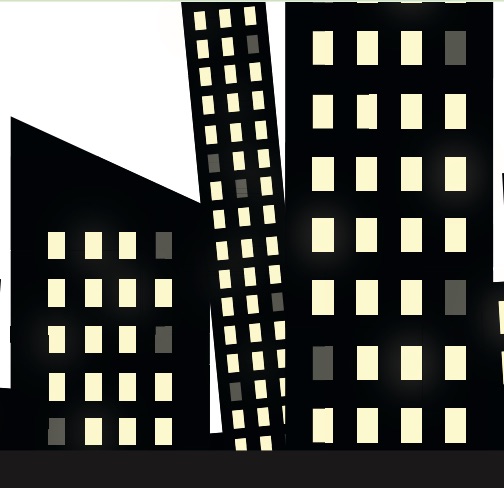LOVE THY NEIGHBOUR NO MORE: DISAPPEARANCE OF COMMUNITY SPIRIT!
Margaret Thatcher, who used to be the Prime Minister of Britain, once said there's no such thing as society, and it may be that Mrs Thatcher was right all along. The sense and spirit of community is a disappearing virtue in modern Britain. A recent study concluded that fewer people would help out their neighbours or ask them for assistance.
Gone are the days when people would have homely conversations over the garden fence or nip round to borrow some milk because the local corner shop had shut. Over 50% have said that they would never ask their neighbours for assistance at all, whereas 70% stated that they had no idea what their neighbours' names actually were. A mere 6% believed that there was any feeling of community in their area. Only a small percentage stated that they had gained anything from their neighbourly acts such as having their rubbish bins brought back in after the garbage truck had emptied their rubbish, the borrowing of tools or machinery or an offer to help out in the garden. 14% of people are willing to ask a neighbour for help with a jump-start if their car battery was flat. More than 40% admitted that they had never had the chance to speak to those living less than 6ft from their front door. 83% agreed that it was a 'kinder place' to live when their parents were their age. The main reason for the erosion of neighbourhood relationships was not having enough available time to meet and get to know those in the greater community.
The survey of 1,000 people was conducted by used car programme Nissan CARED4, which has just launched a competition to find everyday heroes who have performed random acts of kindness. In addition, Nissan CARED4 has been collaborating with the Kindness UK charity, which works to promote, share and unite goodwill every day of the year. David Jamilly, the founder of Kindness UK says: 'Kindness and kind acts, towards people, animals, nature and the environment, are what make the difference between a "me society" and a "we community".'

